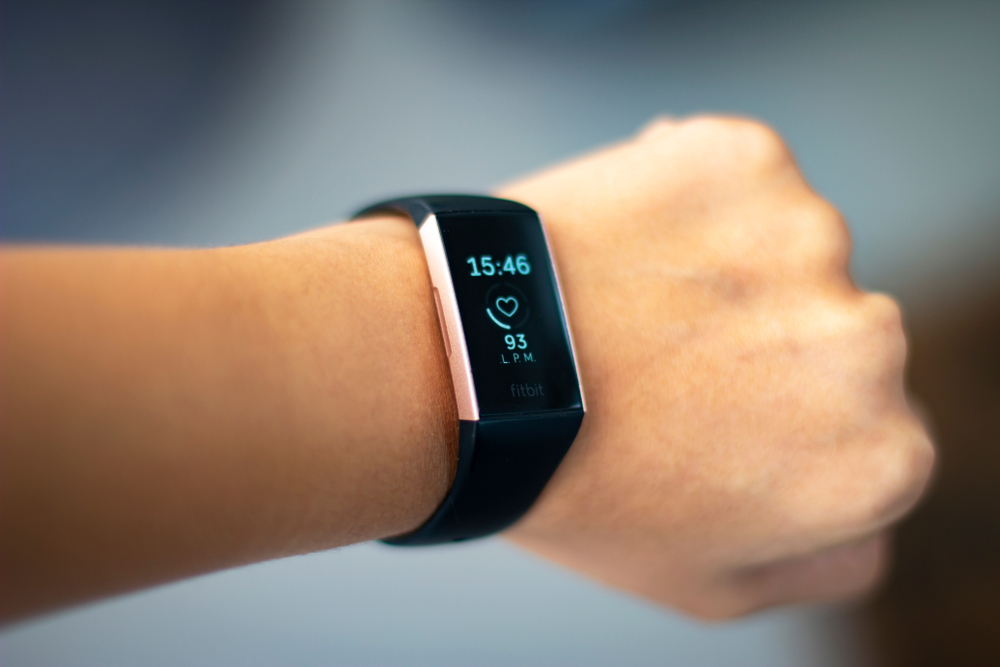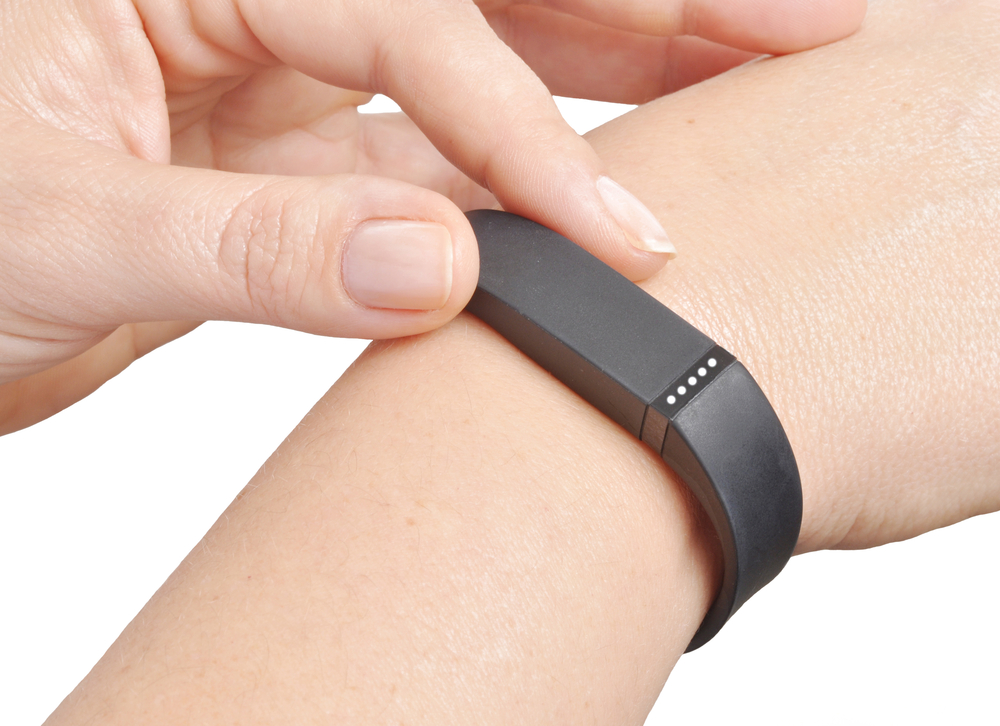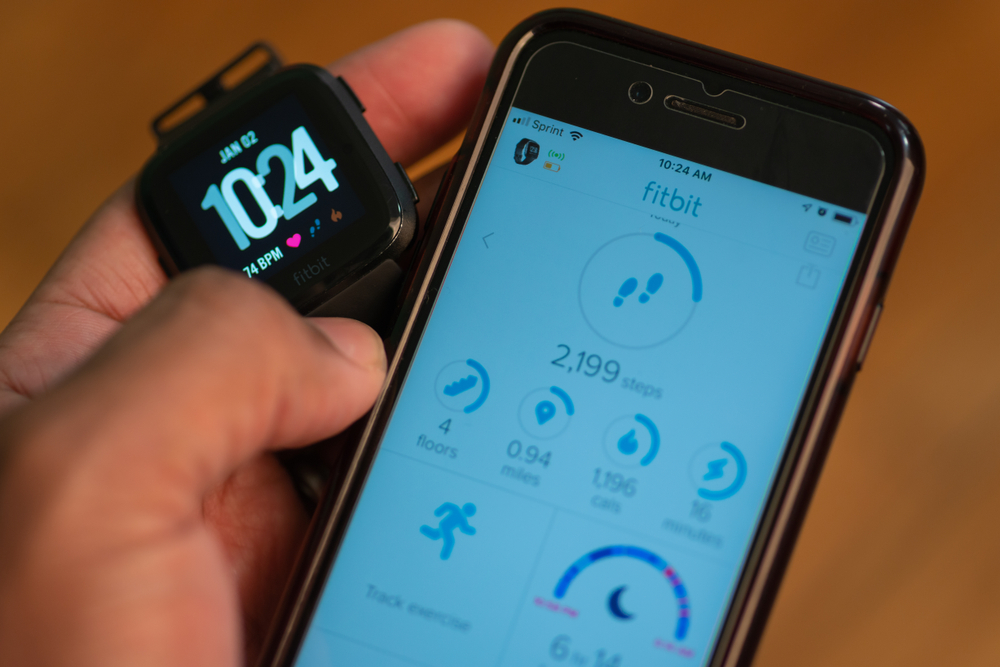If you own a Fitbit, chances are you’ve taken advantage of counting your steps and monitoring your daily activity. A Fitbit is also a great way to track your sleep. Getting quality sleep is incredibly important to leading a healthy and active lifestyle.
If your Fitbit isn’t tracking sleep correctly, it may not be registering your heart rate variability or general movement correctly. This can be caused by wearing the Fitbit too loosely, needing to restart your Fitbit, or a low battery. There are several ways to solve these issues, such as changing how you wear it, factory resetting it, or cleaning it.
Keep reading to learn all about how the Fitbit tracks your sleep, how to fix a Fitbit that isn’t tracking properly and some of the most popular alternatives for sleep tracking.
Contents
What Data Does Fitbit Track While Sleeping?
Fitbit has a robust sleep tracking system, and it tracks the beat-to-beat changes in your heart rate (called the “heart rate variability”).
According to Fitbit’s experts, these changes reflect the different sleep cycles you are in, like REM, deep sleep, and light sleep stages.
Fitbit also takes into consideration your overall movement. When you are sleeping, it recognizes the more limited movement and, after some time, will assume that you are asleep.
In the morning, Fitbit will give you a sleep score, which looks at the following considerations:
- Duration. Resting for longer periods of time will give you a higher score.
- Quality. Fitbit will analyze how long, according to your heart rate variability, you were in each sleep stage. Being in deep or REM sleep will generally improve your score.
- Restoration. This looks at how relaxed you were during your sleep. Having a slowing heartbeat with less body movement will increase your score.
When Does Fitbit Begin Tracking Sleep?
Fitbit technology is pretty savvy in that it can detect when it believes you have gone to sleep. As it is technology based, there are occasionally issues with how it tracks your sleep.
If your Fitbit if functioning properly, it will begin tracking your sleep once it senses two things:
- Your heart rate variability. Once it has slowed down, your Fitbit will assume you are in at least light sleep.
- Your movement. If Fitbit thinks your movement has slowed down considerably, it will consider you sleeping.
Why is My Fitbit Not Tracking Sleep?
Your Fitbit may not be tracking sleep for a variety of reasons, from wearing it too loosely to low battery.
In most scenarios, fixing your Fitbit will be pretty easy as the problem isn’t a big technological issue. Here are some of the common issues people face with their Fitbits:
- Wearing their Fitbit too loosely so it can’t track sleep.
- Needing to update/restart their Fitbit to prevent lagging that disrupts the sleep tracker.
- Having a Fitbit too low on battery.
- Not sleeping enough for your Fitbit to monitor rest.
Unfortunately, there can be other reasons your Fitbit isn’t accurately tracking your sleep. Some of these reasons can be challenging to solve, such as problems with the internal computing systems.
It can be frustrating to wake up and realize that your Fitbit hasn’t tracked your sleep properly, but luckily there are a lot of ways to fix this problem.
How to Fix Fitbit Not Tracking Sleep?
For some Fitbit issues, there are quick fixes. Others are a bit more involved, but all are doable. Here are some solutions to common problems.
1. Restarting and Updating Your Fitbit
- Check in the Fitbit app if your Fitbit has any updates.
- Make sure your Fitbit is fully charged and plugged in.
- Go to your app settings and allow Fitbit to update.
- Restart your Fitbit after updates are completed.
2. Factory Reset Your Fitbit
- Make sure to write down or copy any important data you want to be saved.
- Fully charge your Fitbit.
- Go into the “settings” icon of your Fitbit.
- Click the “about” section.
- Select “factory reset” which will delete all of the data and reset your Fitbit.
3. Clean your Fitbit
- Turn your Fitbit completely off.
- Use an electronics cleaner to clean out every crevice in your Fitbit.
- Once you’ve cleaned your Fitbit, turn it back on.
4. Remove and Re-Add the Fitbit App
- Delete the Fitbit app from your phone.
- Restart your Fitbit device.
- Re-add the Fitbit app to your phone.
- Restart your Fitbit device once more.
5. Check How You Are Sleeping with Your Fitbit
- Ensure that your Fitbit is fully charged and updated before heading to bed.
- Put your Fitbit watch on your non-dominant hand.
- Ensure that the back of the Fitbit is in contact with your skin.
- Make sure the Fitbit device is a finger’s width above your wrist bone.
Is the Fitbit Sleep Tracker Accurate?
According to one scientific study, Fitbit is pretty accurate when it comes to tracking your sleep. The newer the Fitbit, the more likely it is to be accurate. Every Fitbit model has tended to improve over past ones.
With that being said, Fitbits are only meant to give you an estimate of how well you are sleeping. If you are experiencing sleep issues, you might be able to take that data to your doctor for them to consider. The data itself, however, will not necessarily give you a complete understanding of how well you are sleeping.
A Fitbit will help you see how well you are sleeping, which can be useful for you to understand while on your fitness and nutrition journey.
Alternatives to Fitbit for Tracking Sleep
If your Fitbit isn’t tracking your sleep well and you want to try something new, we have some options for you!
There are many different technologies available to help track your sleep.
Apple Watch
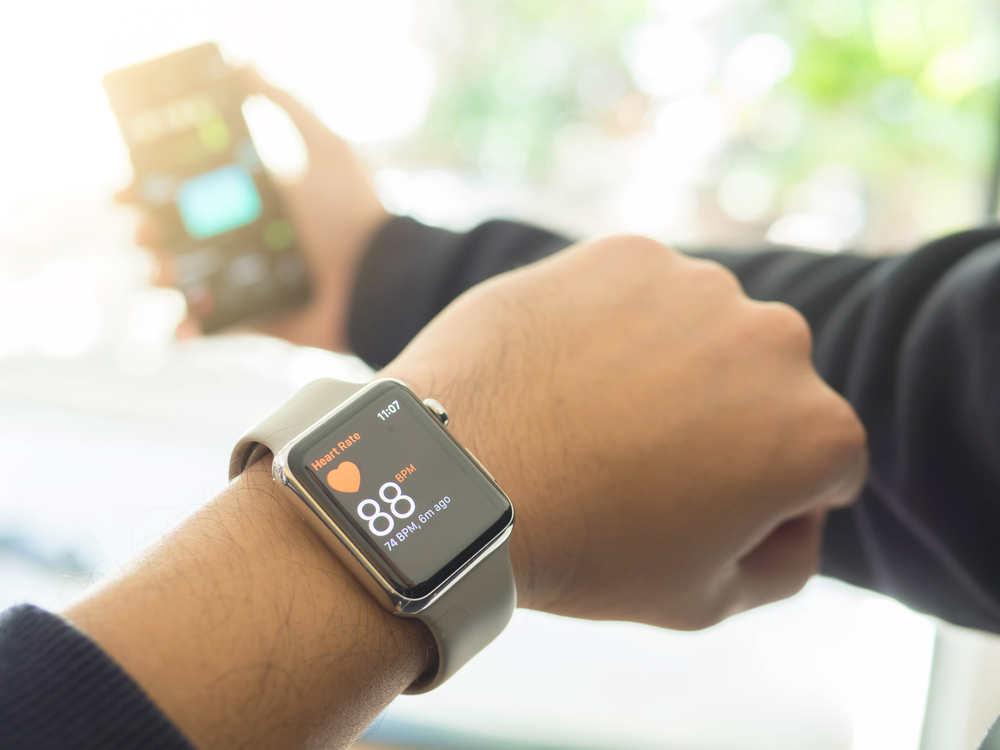
You can download the Sleep app on Apple Watch, which can help you track your sleep. For it to work properly, it will have to be at least 30% charged.
Sleep Score App
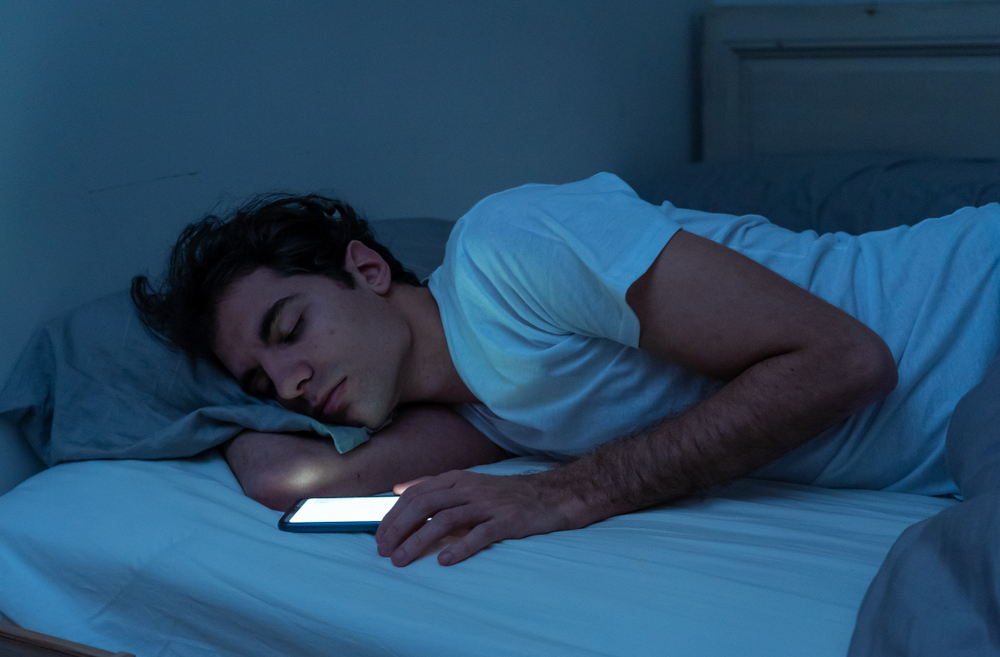
This app is available for Android and Apple products. It provides a sleep score and suggestions for improving your sleep.
Sleep as Android

This is an android app that has a wide variety of features, including sleep tracking, an alarm, and soothing music features. It can be paired with a sleep-sensing device or used on your phone.
If your Fitbit isn’t tracking your sleep properly, it might be time to try a few different ways to fix the problem. However, if you decide you no longer want to keep using your Fitbit, you have a lot of options to choose from.

